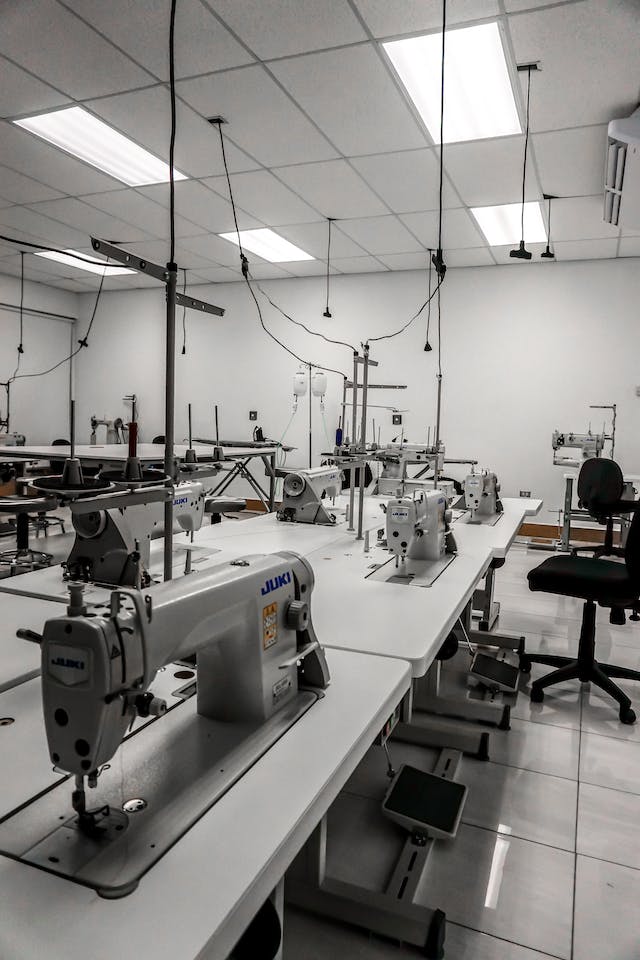Behind the Scenes of Global Fashion Supply Chains
In the dynamic world of fashion, where trends evolve at a rapid pace, and consumer demands are ever-changing, the role of sourcing agents has become increasingly crucial for fashion companies aiming to stay competitive and maintain a global presence. Sourcing agents act as intermediaries between fashion brands and suppliers, playing a pivotal role in managing the complex web of global supply chains. This article explores how fashion companies leverage the expertise of sourcing agents to streamline their operations, ensure quality control, and stay ahead in the fast-paced world of fashion.
Global Sourcing and Supplier Networks:
Fashion companies often source materials and manufacturing services from around the world to capitalize on cost-effectiveness and specialized expertise. Sourcing agents play a key role in building and maintaining a robust network of suppliers. They identify potential suppliers, negotiate contracts, and ensure that the sourcing process aligns with the brand's quality standards and ethical considerations.
Cost Efficiency and Negotiation:
One of the primary advantages of using sourcing agents is the ability to negotiate favorable terms with suppliers. Sourcing agents leverage their industry knowledge and experience to secure competitive prices for materials and manufacturing services. By identifying cost-effective sourcing options, fashion companies can optimize their production costs, contributing to increased profit margins and market competitiveness.

Risk Mitigation and Quality Control:
Navigating the global supply chain involves inherent risks such as delays, quality issues, and geopolitical challenges. Sourcing agents act as a buffer, implementing risk mitigation strategies and conducting thorough quality control measures. They monitor production processes, inspect materials, and ensure that products meet the brand's specifications. This helps fashion companies maintain consistent quality standards and avoid costly setbacks.
Regulatory Compliance and Ethical Sourcing:
The fashion industry is increasingly under scrutiny for ethical and sustainable practices. Sourcing agents play a crucial role in ensuring that suppliers comply with relevant regulations and ethical standards. They conduct audits and assessments to verify that suppliers adhere to labor laws, environmental regulations, and ethical sourcing practices, helping fashion companies meet the growing demand for transparency and responsible business practices.
Time Efficiency and Faster Time-to-Market:
Speed to market is a critical factor in the fashion industry. Sourcing agents contribute to the efficiency of the supply chain by reducing lead times and streamlining production processes. Their expertise in logistics and supply chain management enables fashion companies to bring new designs to market quickly, capitalizing on emerging trends and consumer preferences.
Flexibility and Adaptability:
The fashion industry's fast-paced nature requires companies to be agile and adaptable. Sourcing agents provide the flexibility needed to respond quickly to changes in market demands or unforeseen challenges. They can help fashion brands explore alternative sourcing options, relocate production, or adjust production volumes based on market dynamics.
In the intricate world of fashion, where style meets commerce, the role of sourcing agents cannot be overstated. From building global supplier networks to negotiating favorable terms, mitigating risks, and ensuring ethical practices, these intermediaries play a crucial role in the success of fashion companies. As the industry continues to evolve, sourcing agents will remain key partners for fashion brands aiming to navigate the complexities of global supply chains and deliver high-quality, on-trend products to consumers worldwide.